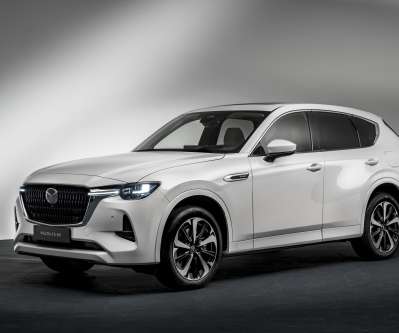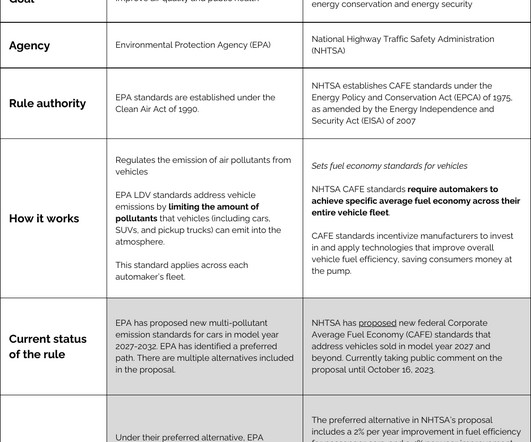Japan Ministries propose light commercial vehicle fuel economy standards for 2022
Green Car Congress
APRIL 28, 2015
In a policy update, the International Council on Clean Transportation (ICCT) reports that Japan’s Ministry of Land, Infrastructure, Transport and Tourism (MLIT) and Ministry of Economy, Trade, and Industry (METI) have finalized new proposed fuel economy standards for light- and medium-duty commercial vehicles with gross vehicle weights less than 3.5










































Let's personalize your content